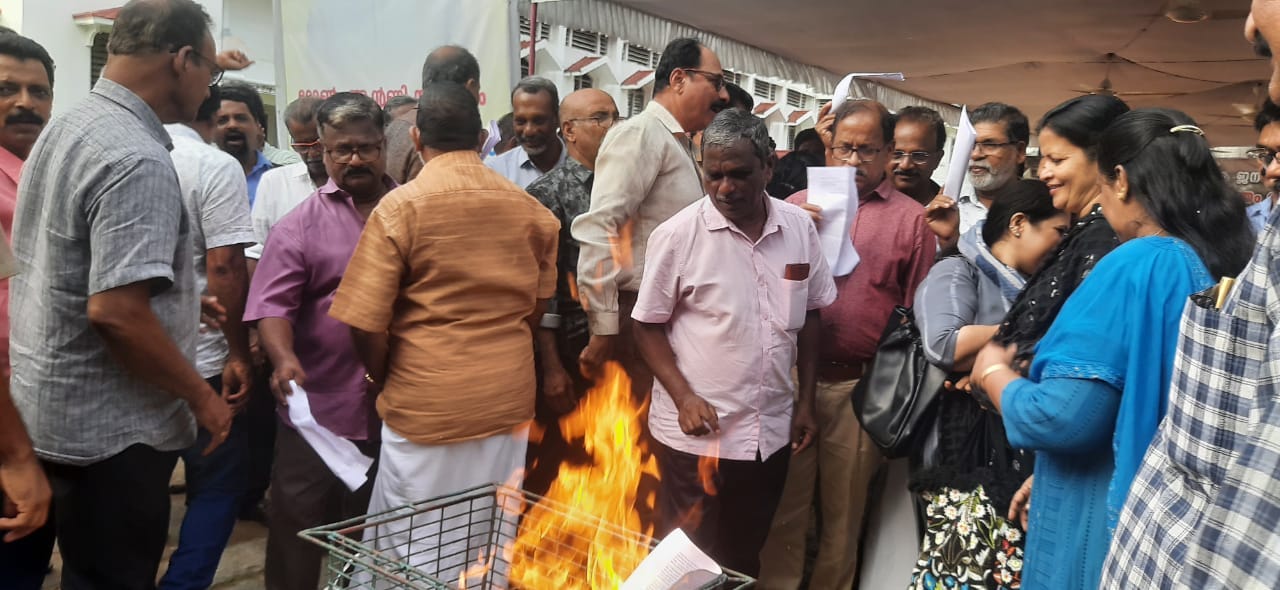Mass resistance: Syro-Malabar priests defy papal delegate’s deadline
Priests in the Archeparchy of Ernakulam-Angamaly defied an ultimatum from Pope Francis’ special delegate and refused to adopt a new uniform form of the liturgy
Priests across the Indian Archeparchy of Ernakulam-Angamaly have defied an ultimatum from Pope Francis’ special delegate, and refused to adopt a new uniform form of the liturgy for the Syro-Malabar Catholic Church.

Archbishop Cyril Vasil’, SJ, t…
